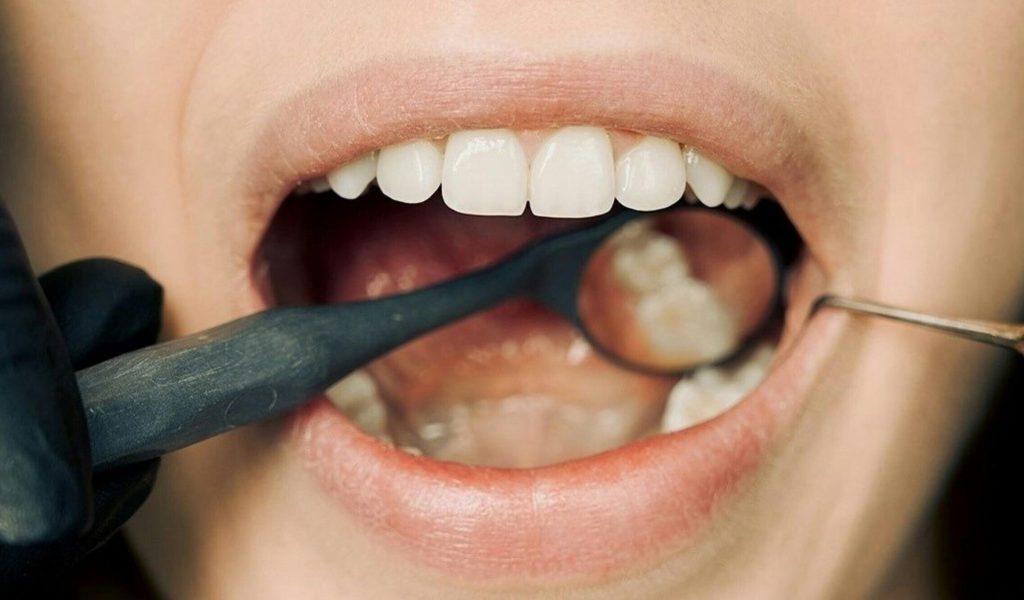Periodontology

What Is Periodontology?
Periodontology is a specialized branch of dentistry focused on the prevention, diagnosis, and treatment of gum disease and other conditions affecting the supporting structures of the teeth, including the gums and jawbone. Healthy gums are essential for maintaining overall oral health, preventing tooth loss, and ensuring the long-term success of restorative treatments like dental implants.
What Conditions Does Periodontal Treatment Address?
Periodontal treatments help manage various gum-related issues, including:
- Gingivitis: The earliest stage of gum disease, causing redness, swelling, and bleeding.
- Periodontitis: A more severe form of gum disease that can lead to gum recession, bone loss, and tooth mobility.
- Gum Recession: Exposure of tooth roots due to loss of gum tissue.
- Deep Pockets Around Teeth: Spaces between the gums and teeth where bacteria accumulate, leading to infection.
- Bone Loss: Deterioration of the jawbone caused by advanced periodontal disease.
Why Is Periodontal Health Important?
Gum disease is one of the leading causes of tooth loss in adults. If left untreated, it can also contribute to systemic health issues such as heart disease, diabetes, and respiratory conditions. By maintaining healthy gums, patients can protect their teeth and overall well-being.
What Periodontal Treatments Are Available?
- Non-Surgical Treatment (Scaling & Root Planing): Deep cleaning to remove plaque and tartar from below the gum line, helping reduce inflammation and prevent disease progression.
- Surgical Treatment (Gum & Bone Grafting): Procedures to regenerate lost tissue and strengthen the jawbone.
- Laser Therapy: A minimally invasive treatment option to remove infected tissue and promote healing.
- Periodontal Maintenance: Regular professional cleanings to prevent recurrence of gum disease.
Who Needs Periodontal Treatment?
Periodontal treatment is recommended for individuals who experience:
- Persistent gum bleeding, swelling, or tenderness.
- Receding gums or teeth appearing longer than before.
- Bad breath (halitosis) that doesn’t go away with brushing and flossing.
- Loose or shifting teeth due to bone loss.
Is Periodontal Treatment Painful?
Most periodontal procedures, including deep cleanings and laser therapy, are minimally invasive and can be performed with local anesthesia to ensure comfort. Post-treatment discomfort is usually mild and can be managed with over-the-counter pain relievers and proper aftercare.
How Long Do the Results of Periodontal Treatment Last?
With consistent oral hygiene and routine dental visits, the results of periodontal treatment can be long-lasting, preventing the progression of gum disease and reducing the risk of future complications.
